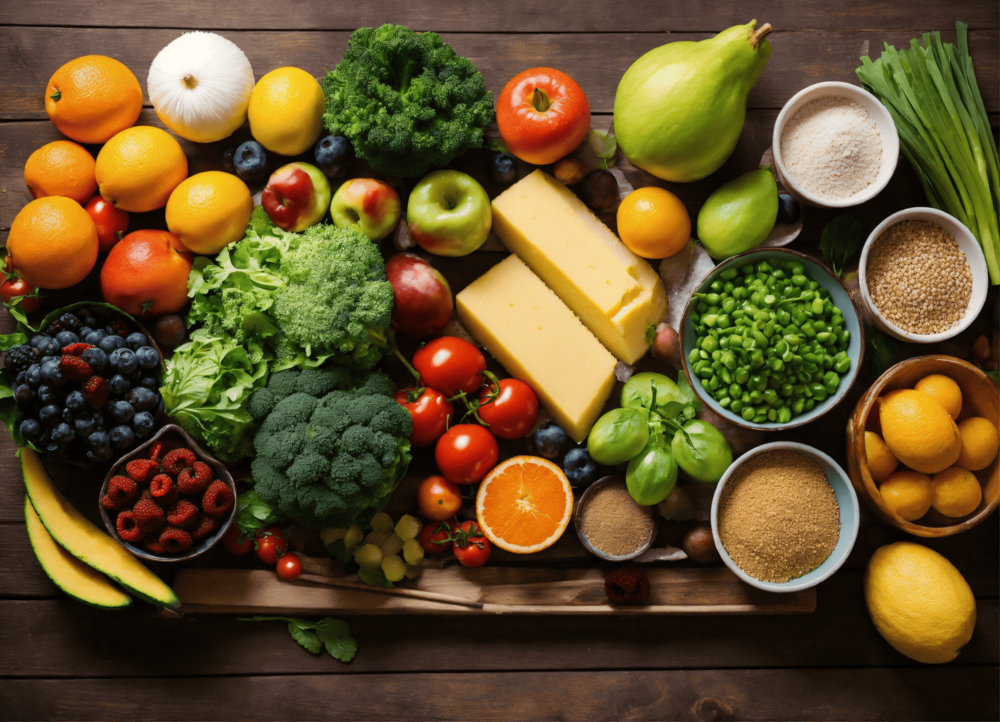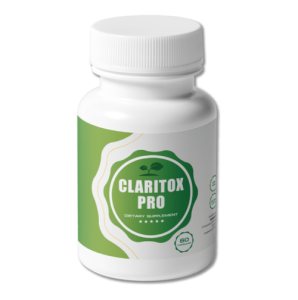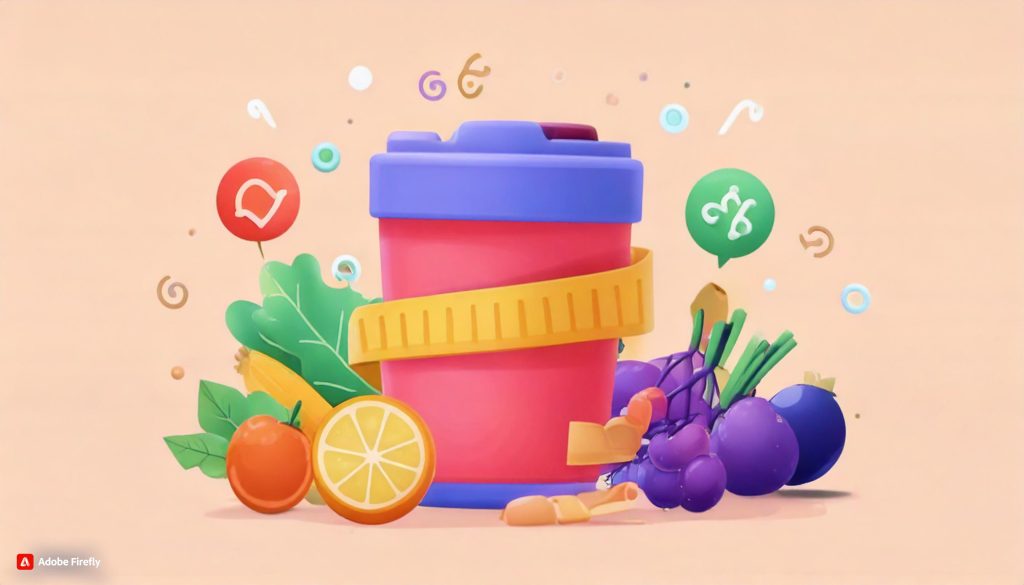Maintaining balance is a complex process involving the inner ear, nervous system, muscles, and brain. While factors like age and physical fitness play a role, nutrition is a critical yet often overlooked contributor to balance and dizziness prevention. Certain nutrients support blood flow, nerve function, and hydration—all of which are essential for staying steady. Below, we explore the best foods to incorporate into your diet to reduce dizziness and enhance stability.
Key Nutrients for Balance
- Vitamin B12
Vitamin B12 is vital for nerve health and red blood cell production. Deficiency can cause neuropathy (nerve damage) and anemia, both linked to dizziness.
Food sources: Eggs, salmon, fortified cereals, and dairy products. - Iron
Iron deficiency anemia reduces oxygen delivery to the brain, leading to fatigue and lightheadedness.
Food sources: Spinach, lentils, red meat, and tofu. - Magnesium
This mineral supports nerve and muscle function. Low magnesium levels are associated with vertigo and muscle cramps.
Food sources: Almonds, avocados, dark chocolate, and pumpkin seeds. - Potassium
Potassium regulates fluid balance and nerve signals. Dehydration or low potassium can cause electrolyte imbalances, triggering dizziness.
Food sources: Bananas, sweet potatoes, coconut water, and oranges.
Hydration Matters
Dehydration reduces blood volume, leading to low blood pressure and dizziness. Aim for 8–10 glasses of water daily. For electrolyte replenishment, try cucumber, watermelon, or herbal teas.
Stabilize Blood Sugar
Blood sugar spikes or crashes can cause lightheadedness. Focus on:
- Complex carbs: Oats, quinoa, and whole grains.
- Fiber-rich foods: Apples, chia seeds, and legumes.
- Protein pairings: Greek yogurt or nuts with fruits.
Anti-Inflammatory Foods
Chronic inflammation can impair inner ear function. Prioritize:
- Omega-3 fatty acids: Salmon, walnuts, and flaxseeds.
- Antioxidants: Berries, turmeric, and ginger (shown to reduce vertigo symptoms).
Nitrate-Rich Foods for Blood Flow
Nitrates improve circulation, supporting oxygen delivery to the brain and inner ear. Try beets, spinach, and arugula.
Vitamin D and Calcium
Vitamin D deficiency is linked to benign paroxysmal positional vertigo (BPPV). Pair with calcium for bone health:
- Vitamin D: Fatty fish, fortified plant milk.
- Calcium: Kale, broccoli, and low-fat dairy.
Foods to Avoid
- Alcohol and caffeine: Dehydrate and disrupt inner ear fluid.
- High-sodium processed foods: May worsen Meniere’s disease symptoms.
Product Introduction: Claritox Pro
Claritox Pro is a natural supplement designed to maintain body balance and prevent dizziness and falls. This formula is made with specific minerals and plant-based ingredients that support brain health and the body’s balance system.
Product Name
Claritox Pro
Benefits of Claritox Pro
- Supports brain health and balance system
- Helps prevent dizziness and reduces the risk of falls
- Made with natural ingredients such as Zinc, Chromium, Green Tea, Berberine, Resveratrol, Milk Thistle, Cayenne, Korean Ginseng, and Banaba
- Free from harmful additives, stimulants, and toxins
- Manufactured in the USA under FDA-approved and GMP-certified standards
- Available in non-GMO and pure capsules
Conclusion
A balanced diet rich in B12, iron, magnesium, potassium, and anti-inflammatory compounds can significantly reduce dizziness and improve stability. Pair hydration with blood sugar management for optimal results. Always consult a healthcare provider for persistent balance issues.
References
- National Institutes of Health (NIH). Vitamin B12. https://ods.od.nih.gov/factsheets/VitaminB12-HealthProfessional/
- American Society of Hematology. Iron-Deficiency Anemia. https://www.hematology.org/education/patients/anemia/iron-deficiency
- NIH. Magnesium. https://ods.od.nih.gov/factsheets/Magnesium-HealthProfessional/
- CDC. Water and Healthier Drinks. https://www.cdc.gov/healthyweight/healthy_eating/water-and-healthier-drinks.html
- Harvard Health. The lowdown on glycemic index and glycemic load. https://www.health.harvard.edu/diseases-and-conditions/the-lowdown-on-glycemic-index-and-glycemic-load
- Journal of Medicinal Food. Ginger for Vertigo. https://doi.org/10.1089/jmf.2020.4776
- Nutrients. Omega-3 Fatty Acids and Inflammation. https://doi.org/10.3390/nu10091242
- Journal of Nutrition. Dietary Nitrates and Blood Pressure. https://doi.org/10.3945/jn.115.219626
- National Osteoporosis Foundation. Calcium and Vitamin D. https://www.nof.org/patients/treatment/calciumvitamin-d/

























